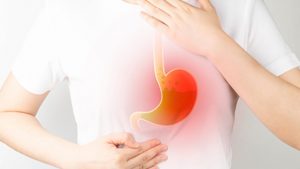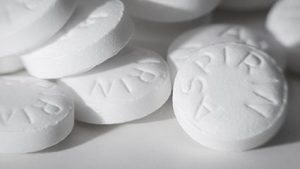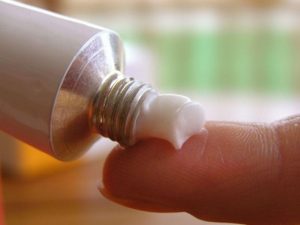
Statins may do more than help your heart: New research shows the cholesterol-lowering drugs may also lower your risk for a bleeding stroke. An intracerebral hemorrhage, which involves bleeding in the brain, comprises about 15% to 30% of strokes, according to the American Association of Neurological Surgeons. It is also the most deadly. With this type of stroke, arteries or veins rupture, and the bleeding itself can damage brain tissue. The extra blood in the brain may also increase pressure within the skull to a point that further harms the brain. “While statins have been shown to reduce the risk of stroke from blood clots, there has been conflicting research on whether statin use increases or decreases the risk of a person having a first intracerebral hemorrhage,” said study author Dr. David Gaist, of the University of Southern Denmark in Odense. “For our study, we looked at the lobe and non-lobe areas of the brain, to see if location was a factor for statin use and the risk of a first intracerebral hemorrhage,” Gaist said. “We found that those who used a statin had a lower risk of this type of bleeding stroke in both areas of the brain. The risk was even lower with long-term statin use.” The researchers used health records in Denmark, identifying 989 people who had an intracerebral hemorrhage in the… read on > read on >





































